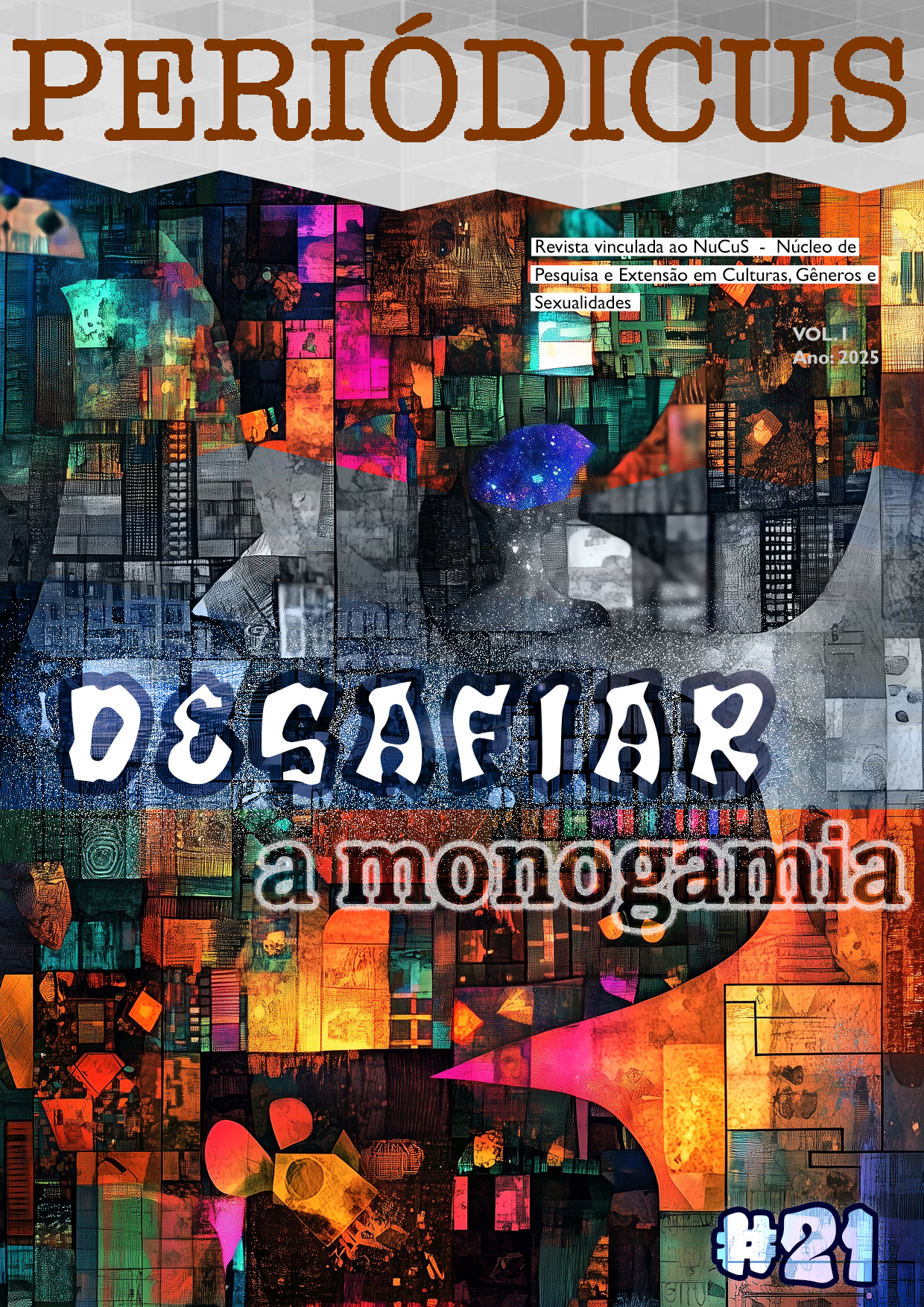“I love NM as long as it’s not my girlfriend”
conventions and controversies of #monogamy on TikTok
DOI:
https://doi.org/10.9771/peri.v1i21.58773Abstract
The debate over monogamy has renewed the discussion about models of affective/sexual relationships and gathered strong engagement from new generations. In this context, social networks have become fertile ground for sharing information about this subject, as well as for the massification of controversies and rivalry around relationship models. Based on this, this research aims to survey how the debate has shaped itself on one of the most popular networks among young Brazilians, TikTok. Therefore, the investigation collected the first 50 Brazilian contents delivered by the platform in its search system in the “#monogamy” indexer and systematized them based on a set of codes and comparative indicators, adopting a content analysis perspective. Given the sample, in this article we demonstrate how gender conventions, marital behaviors and expectations and positions of inequality are revealed through engagement around the hashtag “monogamy”.
Downloads
Downloads
Published
How to Cite
Issue
Section
License
Copyright (c) 2025 Maria Luiza Lopes, Michele Escoura

This work is licensed under a Creative Commons Attribution-NonCommercial 4.0 International License.
Authors who publish in this journal agree to the following terms:
Authors retain copyright and grant the journal the right of first publication, with the work simultaneously licensed under a Creative Commons Attribution Noncommercial License that allows the work to be shared with acknowledgment of authorship and initial publication in this journal, but prohibits commercial use.
Authors are authorized to enter into separate additional contracts for non-exclusive distribution of the version of the work published in this journal (e.g., publishing in an institutional repository or as a book chapter), with acknowledgment of authorship and initial publication in this journal.
Authors are permitted and encouraged to publish and distribute their work online (e.g., in institutional repositories or on their personal website) at any point before or during the editorial process, as this can generate productive changes and increase the impact and citation of the published work (see The Effect of Open Access).








